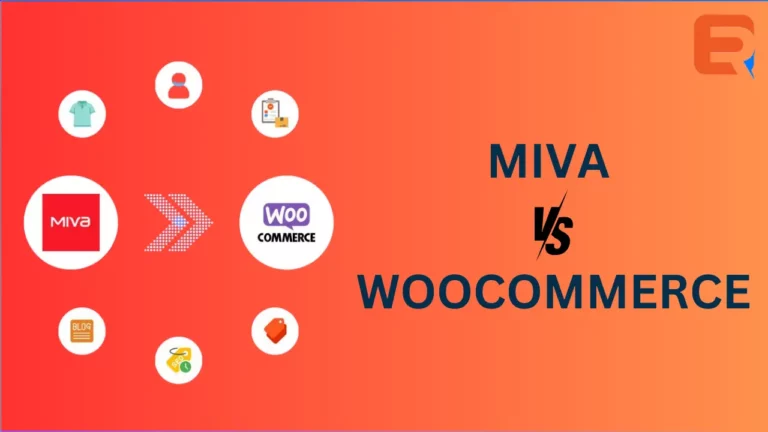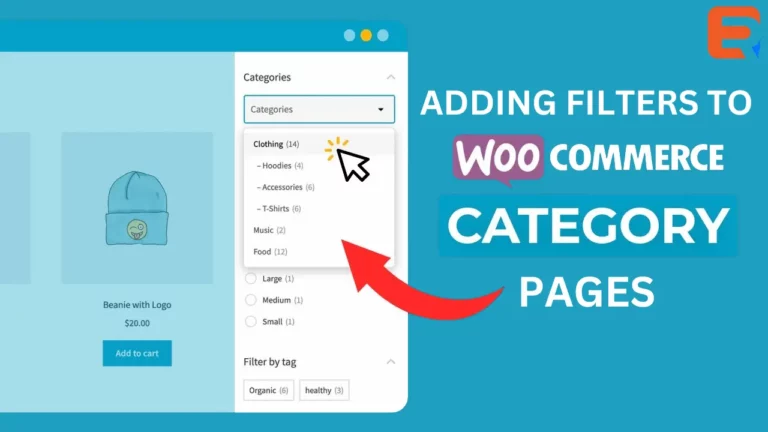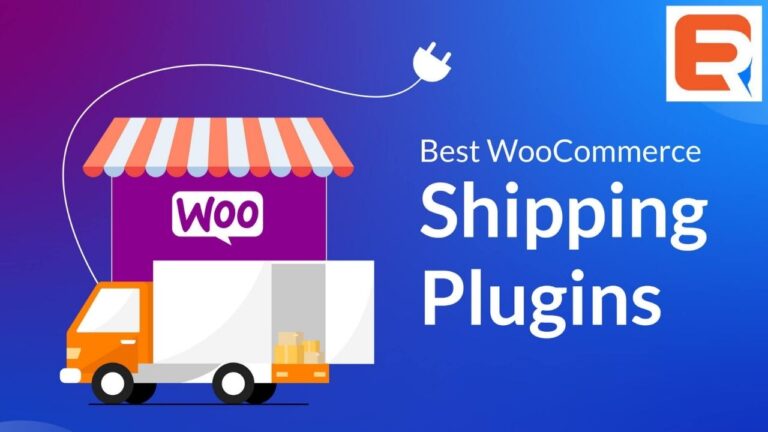When looking to set up an online store, two of the most popular e-commerce platforms for merchants are Miva and Woocommerce. Both provide a full-featured solution for selling products or services online, but they have some key differences to consider. Here, we will examine the major capabilities and features of each platform across areas like setup complexity, customization options, performance and mobile optimization to help business owners determine which solution may be the best fit for their needs.
Ease of Setup
Miva is often praised for having one of the simplest and quickest setup processes for an e-commerce site. With options to import products from spreadsheets and automatically generate basic store templates, new stores on Miva can typically be running within a day. Woocommerce also has good setup wizards, but some find it takes more steps to fully configure extensions, payments and taxes compared to Miva. For businesses that want to launch sales rapidly, Miva’s simpler out-of-box experience may be preferable to Woocommerce’s slightly steeper learning curve.
Customization Capabilities
Once launched, Woocommerce provides merchants much greater freedom to modify the design, layout and features of their store through available extensions, code customization and developer tools. However, this power comes with greater complexity. Miva offers fewer avenues for deep custom work but maintains an easy-to-use interface for non-technical owners. Businesses seeking extensively tailored online storefronts might find Woocommerce to be a more advantageous choice, whereas those aiming for reliable operations with minimal alterations could discover Miva to be a more practical option.
Performance and Scalability
Both platforms integrate well with popular content management and database systems like WordPress, but Miva is designed solely for commerce tasks and lacks generic CMS functions. Therefore, Miva sites often enjoy better performance than equivalently loaded Woocommerce shops, which must balance commerce and content functions. In terms of scalability, Woocommerce again has more extensions to theoretically meet larger sale volumes, but Miva may cope better with medium traffic out of the box. Ultimately, performance depends greatly on the host, code and specific store usage patterns for any system.
Mobile Optimization
Miva and Woocommerce both create responsive designs that adapt product listings, and checkout flows across different mobile screens like phones and tablets. However, Woocommerce benefits from deeper mobile-first extensions like progressive web apps that can provide app-like engagement on iOS and Android. For businesses targeting mobile shoppers, this extra layer of functionality in Woocommerce may offer an advantage over Miva’s more basic mobile experience.
Security Built-ins
Woocommerce leverages WordPress’s security handling for user/content management as well as automated updates to the platform codebase itself. However, Miva was developed specifically as a commerce solution and accordingly implements built-in safeguards like PCI compliance, multi-factor authentication and dedicated security monitoring teams. For businesses in highly regulated industries, Miva’s focus on commerce protection may provide increased assurances.
Third-Party Integrations
Woocommerce benefits from a wider range of apps and integrations available through the WordPress plugin directory due to being built within the open-source WordPress ecosystem. These plugins can connect storefronts to services for shipping, inventory, customer relationship management and more. Though also integrated, Miva has fewer pre-made options due to its proprietary nature. The Woocommerce marketplace gives it an edge for highly connected operations.
Analytics
Miva has native analytics dashboards for monitoring key metrics like traffic, sales and product views. Woocommerce stores must install additional plugins from providers like Google Analytics to gain deep insight. While both solutions integrate with major analytics platforms, Miva saves set-up steps. For data-driven operations, its pre-built reports are advantageous.
Support Plans
Both platforms offer paid support subscriptions for assistance. However, Miva’s plans tend to be more robust, with guaranteed response times and dedicated account managers for higher tiers. Woocommerce support relies more on community answers from documentation and forums. While costing less upfront, Woocommerce support requires more self-service efforts from technical teams. For peace of mind, Miva’s proactive managed support is worth considering, especially for new stores or those without in-house expertise.
ExpertRec Search
Businesses can also optimize their Miva or Woocommerce stores through the use of custom search engines like ExpertRec. ExpertRec Search provides a custom Google-like search experience on a company’s website through machine learning. It does not require manual tuning of search relevance or performance tweaks. By simply including ExpertRec JavaScript code, the search engine’s algorithms will learn from user behaviour to continuously improve search results. This delivers the best search capabilities without exhaustive technical work. For any e-commerce site, integrating a powerful customized search is a key way to help users find products and enhance sales. ExpertRec offers an easy way for merchants of all technical skill levels to unlock this benefit.
Conclusion
Miva and Woocommerce have both emerged as leading options for merchants seeking robust and complete e-commerce platforms. With their sophisticated yet user-friendly feature sets supporting everything from basic store creation to advanced integrations, both are more than capable of powering highly successful online businesses.




